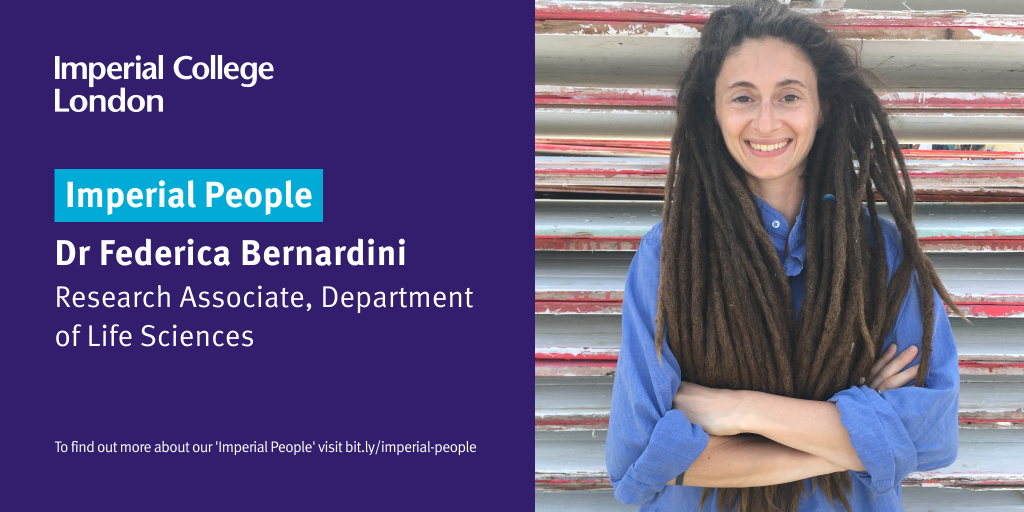“I fell in love with London and started looking for a PhD position in the field of malaria”
When I was young, I thought I wanted to be a medical doctor. It was after attending a lecture in biochemistry that I decided to re-direct my interest toward the microscopic dynamics that take place within cells, as I found this fascinating.
I received my Bachelor’s and Master’s degrees at the Università degli Studi di Palermo in biology, and cellular and molecular biology respectively. At the end of these studies, I travelled from Sicily to London to learn English. I fell in love with the city and started looking for a PhD position in the field of malaria to combine my passions of molecular engineering and Africa.
Malaria is caused by a parasite that is transmitted by female mosquitoes of the genus Anopheles. Despite being a preventable and treatable disease, malaria affects the lives of more than 200 million people every year. More than half a million people die each year, and it has been estimated that 96% of these deaths occur in sub-Saharan Africa, affecting mostly women and children under the age of five.
I was offered a PhD at Imperial in 2011 to work on the development of synthetic biology approaches for the genetic control of malaria-transmitting mosquitoes. These technologies are exploring the potential to induce a distortion in the sex ratio of the target mosquito population (targeting male mosquitoes that produce mostly males), as well as the potential to tackle female mosquitos’ fertility. In both cases, the goal is a reduction in the mosquito populations that are the main vector of malaria. That journey is still ongoing and in recent years, the ‘gene drive’ based technologies that we have developed have shown great potential in lab settings to reduce the number of these mosquitoes in a relatively short time. This has generated extraordinary interest in the field.
I am still working in the same lab, now as a research associate. Besides coordinating the team’s projects, I am significantly involved in the scientific activities of Target Malaria, a not-for-profit consortium that aims to deploy the cost-effective and sustainable genetic technologies developed in our lab in African countries such as Burkina Faso, Mali, Ghana, and Uganda, following extensive safety testing and consultation with local communities. I enjoy mentoring young researchers and encourage students to take on a career in molecular biology. I have the pleasure of supervising undergraduate, Master and PhD students in the lab and get a lot of satisfaction in seeing them grow their skills.
When I am not playing with mosquitoes, I am a keen photographer with a particular interest in portraits (fed_photos on Instagram). I am also interested in gender diversity and equity.
